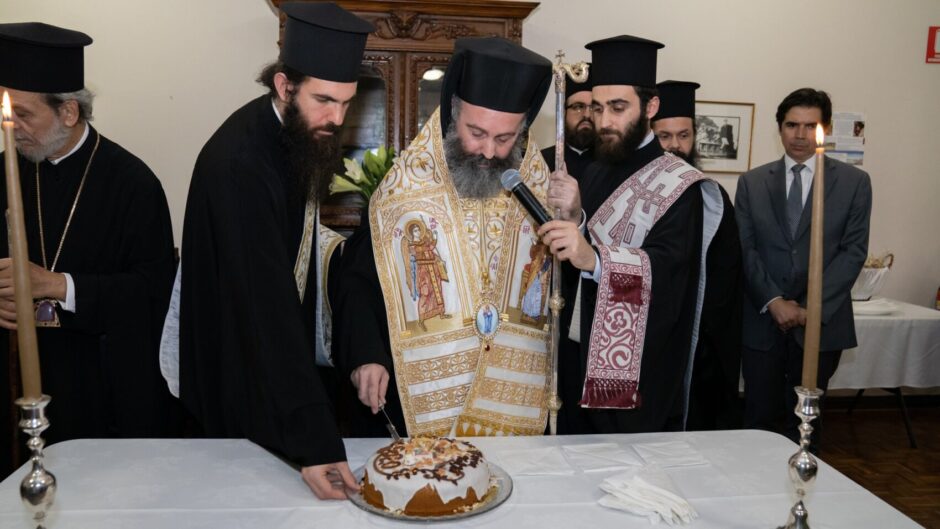
Surrounded by clergy and laity of the Archdiocese of Sydney, His Eminence Archbishop Makarios presided over the traditional cutting of...

Surrounded by clergy and laity of the Archdiocese of Sydney, His Eminence Archbishop Makarios presided over the traditional cutting of...

If each of us did whatever good we were capable of, there’d be no unhappy people in the world.
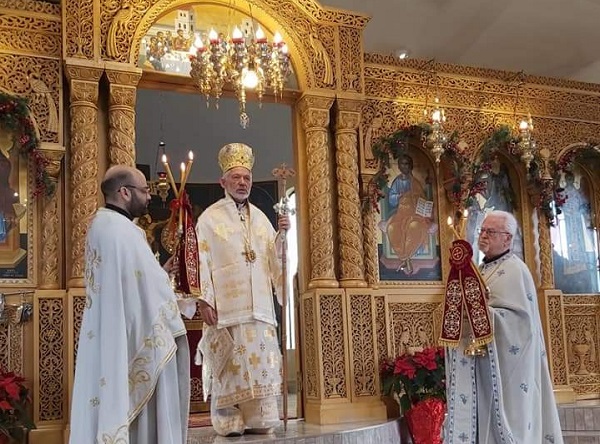
2020 NEW YEAR’S ENCYCLICAL “The fields thirst for water and the mountains for snow. The slave, she thirsts for freedom for so many years” (popular song). Our poor soul thirsts for the light of the God-Man. The year 2019 is over. Let us take a look at what happened. Unfortunately, the picture is not very encouraging. Wars. Disorder. Poverty. Troubles. Refuges drowning in the sea. They are trying to find a better life. Do they achieve this? Not always. Blood was spilled abundantly. Terrorists with knives slit the throats of the innocent. People lose their minds and kill indiscriminately with guns. Men. Women. Children. Students in school. So here it is: blood was shed abundantly in 2019. The year 2020 is upon us. We gaze at it ...

Our good God gave us Time to draw us closer to Him, and space to draw us closer to each...

GOVERNOR CUOMO AND ARCHBISHOP ELPIDOPHOROS ANNOUNCE CONSTRUCTION TO RESUME ON ST. NICHOLAS GREEK ORTHODOX CHURCH AND NATIONAL SHRINE AT WORLD...

My beloved brothers and sisters, Of all the wishes exchanged at the dawn of the New Year, the most appropriate for us Christians is the Church’s supplication: ‘May we spend the rest of our life in peace and repentance’. This is the most apt, the most true prayer, that we may pass whatever remains of our life peacefully and repentant. When the Church says ‘in peace’, it doesn’t mean only external, political peace, but first and very much foremost our inner, spiritual peace, on which the peace of the world depends. Because it’s true that the world won’t find peace unless each of us finds our own peace, one by one, opening up to and welcoming God’ grace. God isn’t outside the world ...
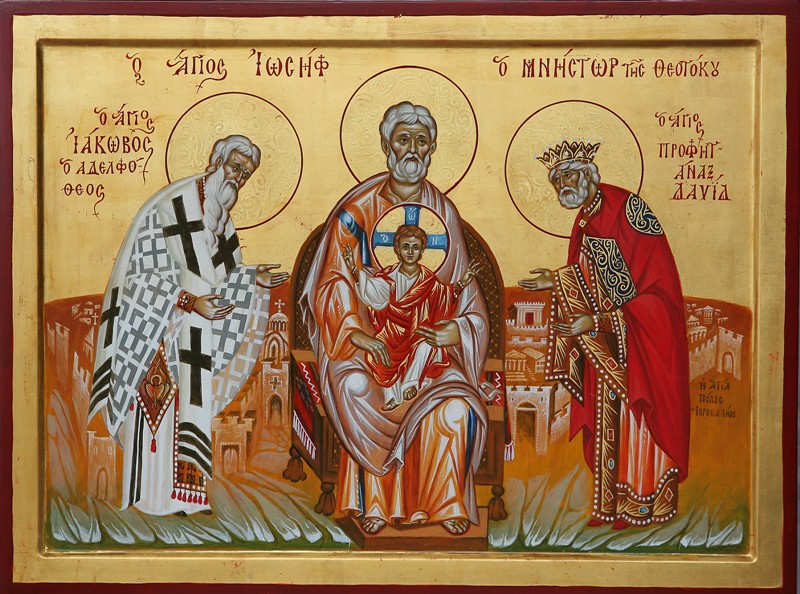
In the passage 1, 25 in the Gospel according to Saint Matthew… ‘but he knew her not until she had given birth to a son’ many Protestant and other heretical interpreters consider the Greek εως ου to be a time limit, after which the married life of Joseph and Our Lady began. From these conjugal relations, they believe, were born siblings of Christ, or at least some of the siblings referred to in the Gospels. But, from a grammatical point of view, this interpretation is not necessarily correct, since the temporal conjunction εως is often used not to demote a time limit, but rather limitlessness within time. The passage is at the end of chapter 1 of the Gospel according to ...
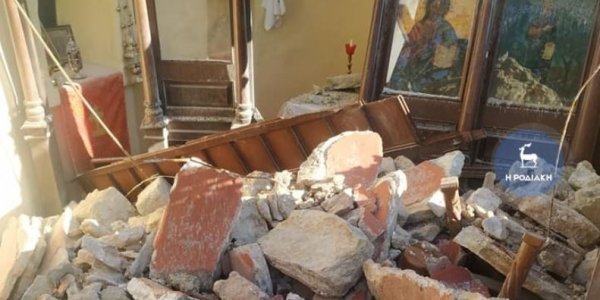
Torrential rainfall on the small eastern Aegean island of Symi over the past week has resulted in a rock slide...
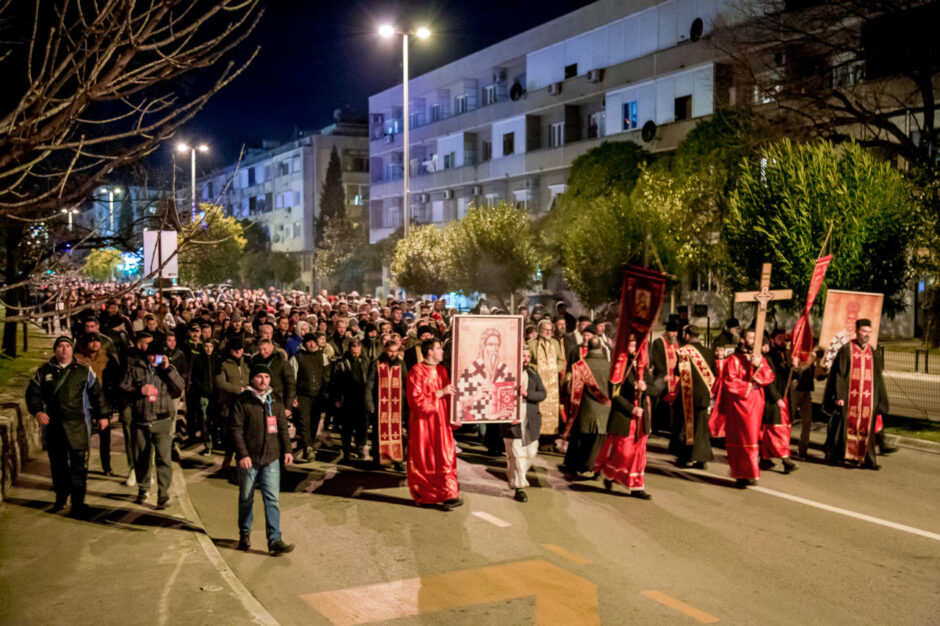
Reactions, including street protests, continued in the small Adriatic country of Montenegro on Thursday, a day after the new year...
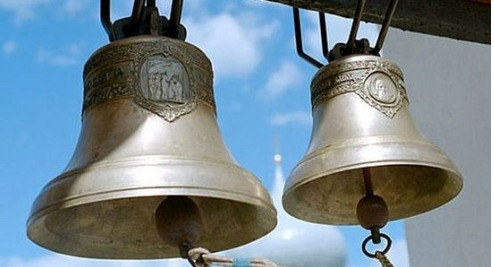
A number of events will be held in the Montenegrin Metropolis of the Serbian Church in connection with the adoption...
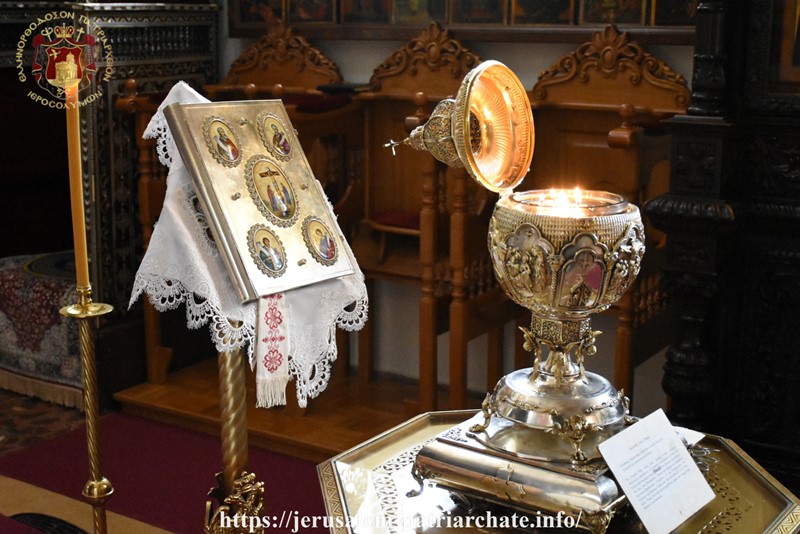
On Wednesday afternoon, December 19/2019, January 1/2020, after Vespers at the Monastic Church of Saints Constantine and Helen of the...
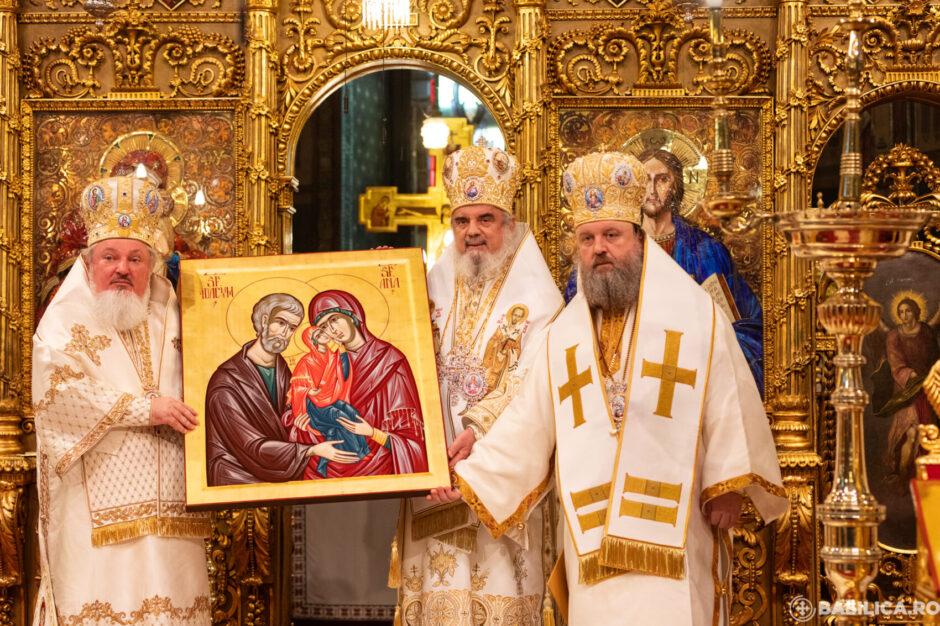
The New Year Day marked the beginning of the Solemn Year of Pastoral Ministry of Parents and Children and the...
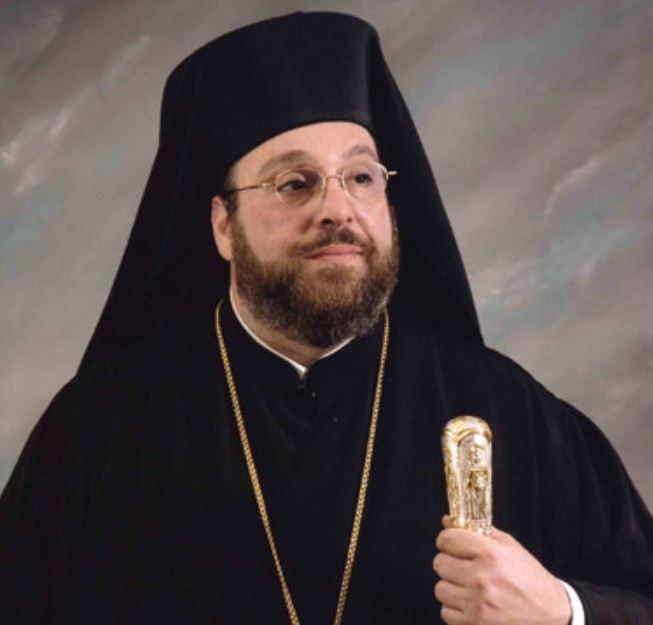
His Eminence Metropolitan Evangelos of New Jersey has released his New Year’s Day Encyclical. Read the full text below: The...
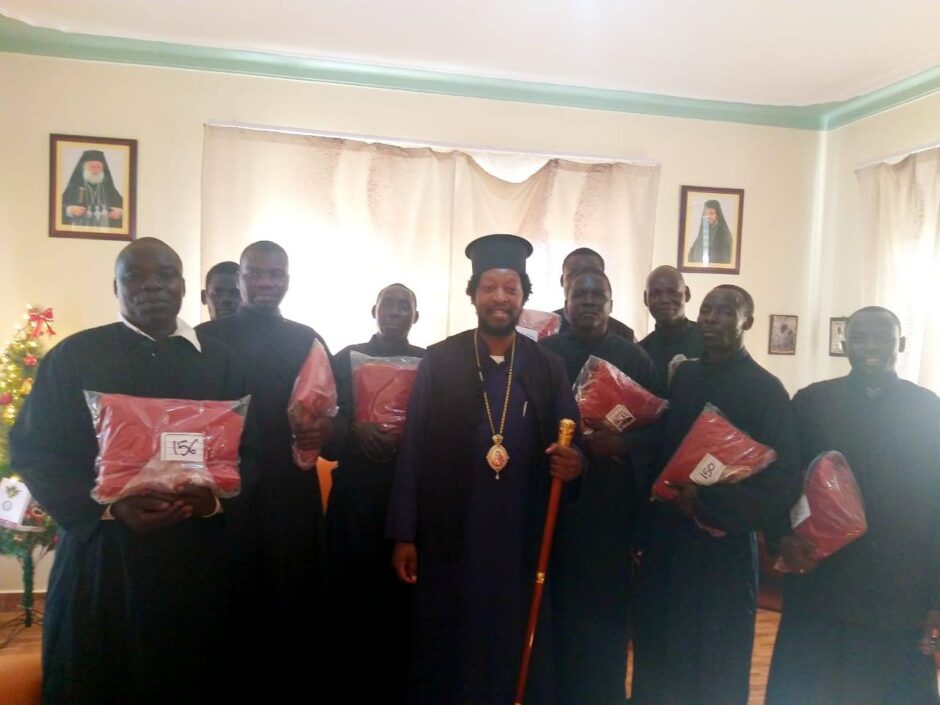
On Dec. 31, 2019, Bishop Silvester met with the priests in Northern Uganda, in which he even took them through...
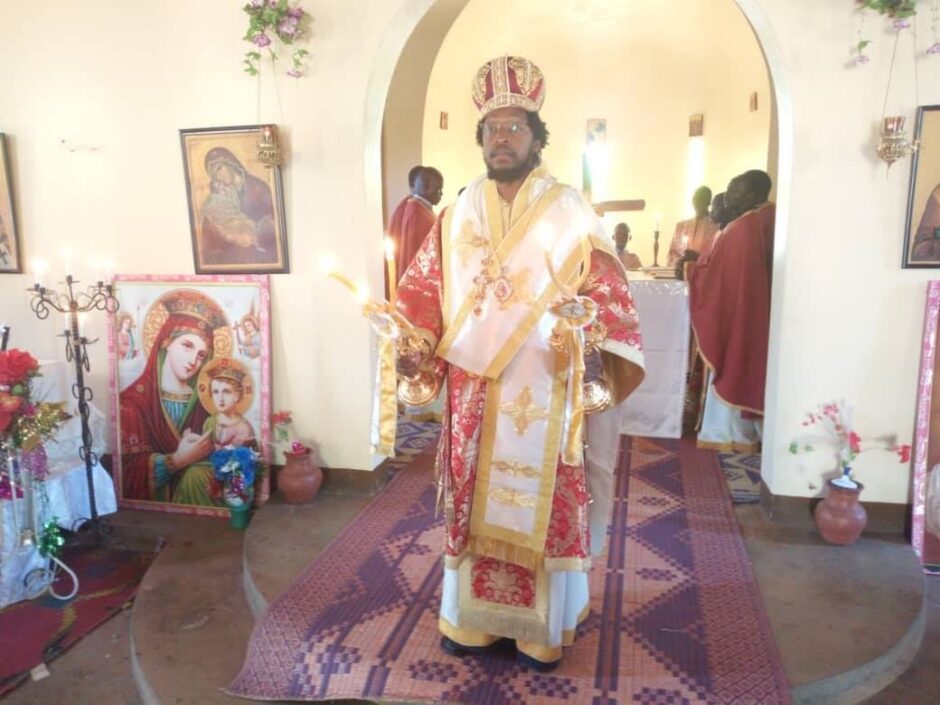
Οn the 1st day of the year 2020, His Grace Bishop Silvester presided over Holy Liturgy at St.Basil Orthodox Church...
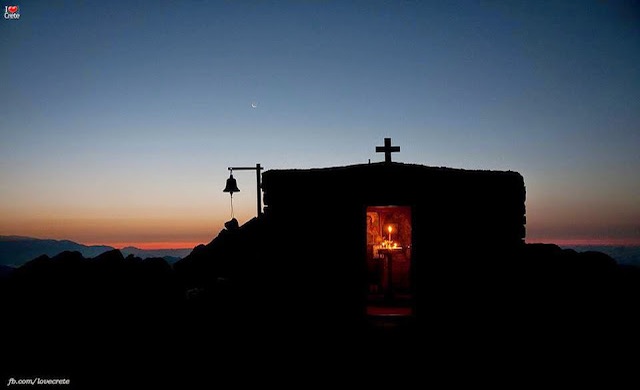
Source: fb.com/lovecrete Love of pleasure opens the door of our soul to the enemy. So if you strive with constant persistence, it’ll be very difficult for any passion to dominate you.
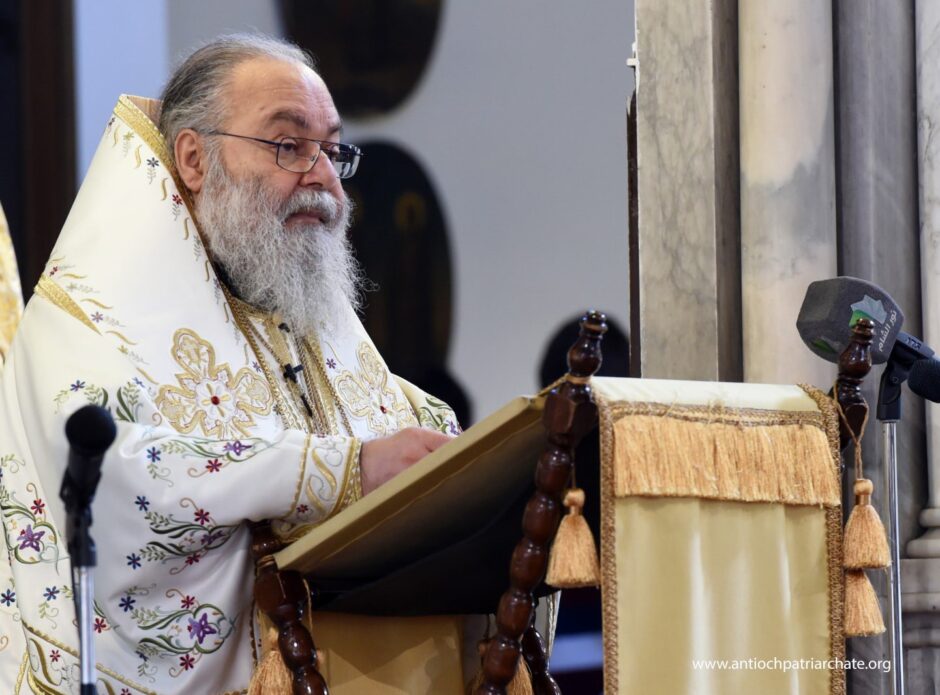
1/1/2020 Homily of His Beatitude John X for the New Year AD St Mary’s Cathedral- Damascus, January 1, 2020 Beloved...
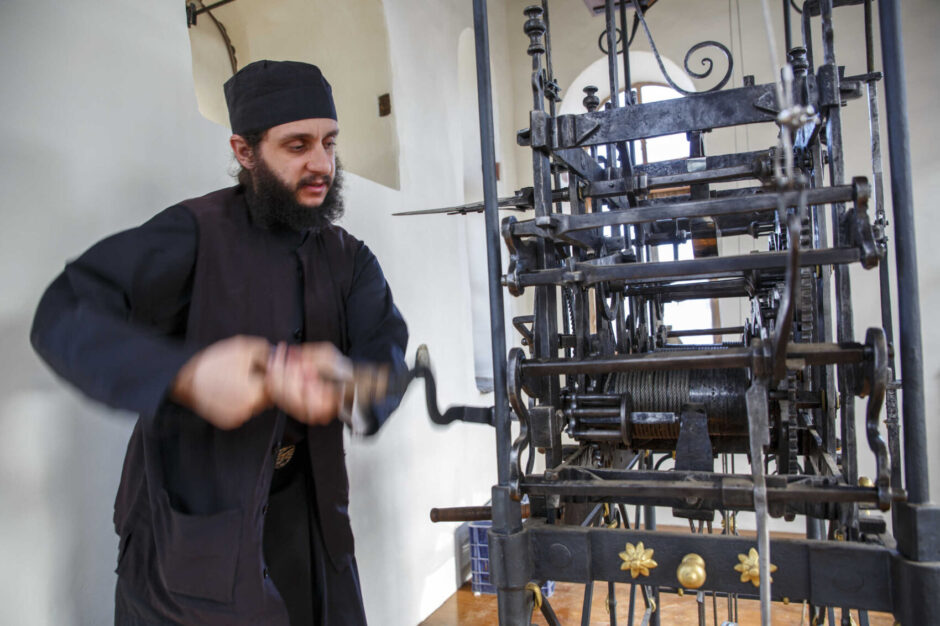
Eternity cannot simply be an unchangeable substance, it cannot be like eternal self-sustaining law. Such eternity cannot be inexhaustible and...
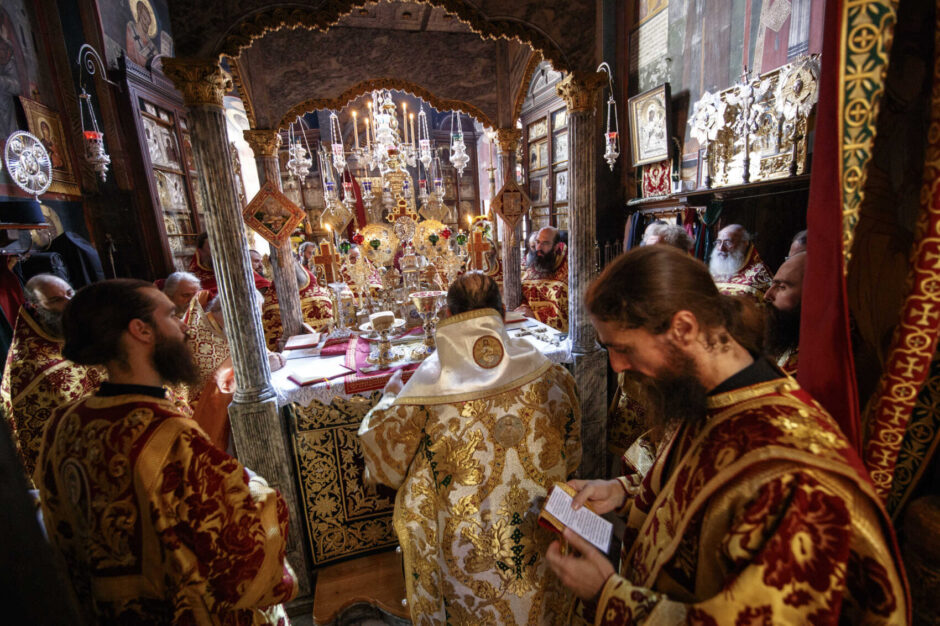
Many put this question: If I don’t enjoy church, does that mean that I’m going to Hell? Well, this is...
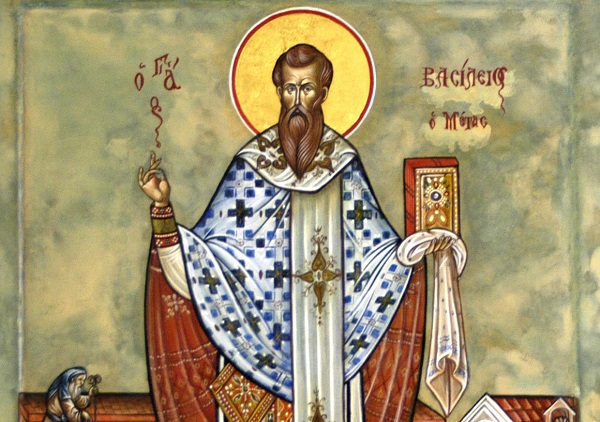
(The epistle was probably written in about 372 and was addressed to the horepsicopi, that is the local bishops who each had pastoral responsibility for a small part of the Metropolis of Caesarea, on which they were canonically dependent. Saint Basil chastises them for not being careful enough regarding the people involved in their churches and for not seeking his advice. He reminds them of the consequences of failure to staff the Church with good priests). I am much distressed that the canons of the Fathers have been abandoned, and that the strict discipline of the Church has been banished from among you. I am apprehensive lest, as this indifference grows, the affairs of the Church should, little by little, fall ...